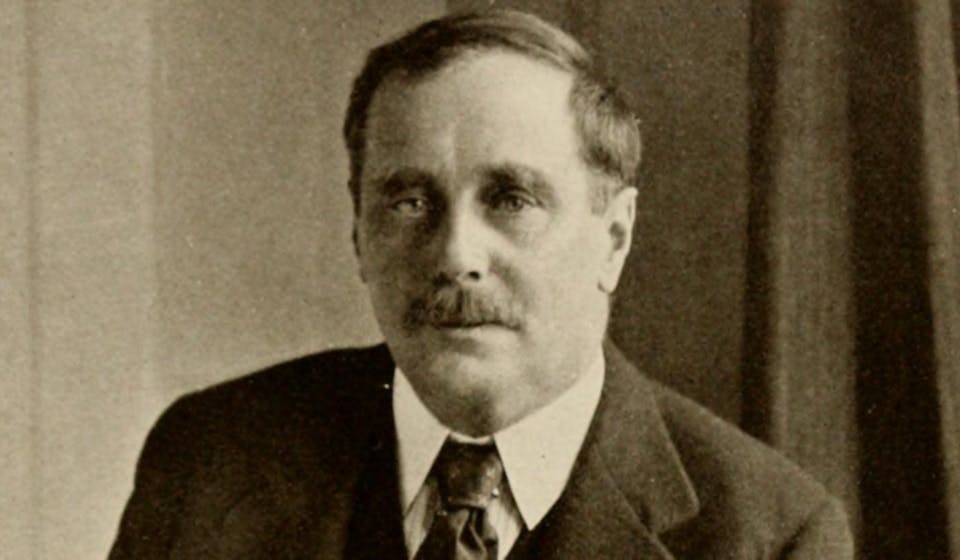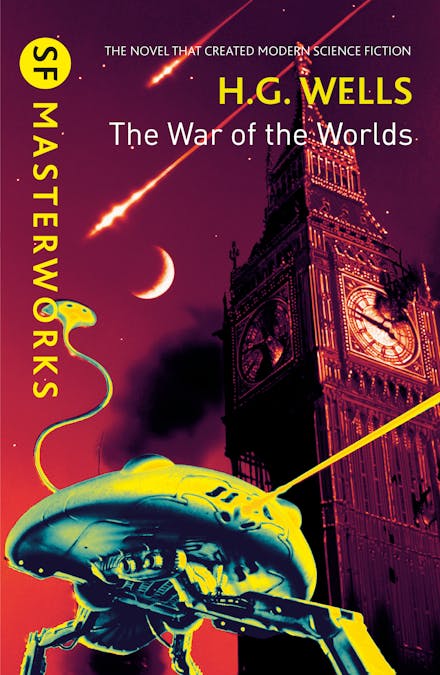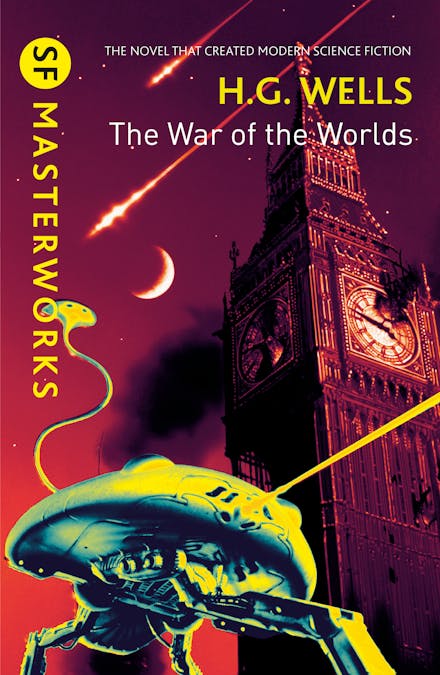Imprint
- Gateway
- Gateway
S.F. Masterworks, Fiction, Science fiction, Classic science fiction
The classic tale of an alien invasion of Earth from the pen of the father of modern SF.
COMING TO BBC ONE IN AUTUMN 2019!
'No one would have believed in the last years of the nineteenth century that this world was being watched keenly and closely by intelligences greater than man's...'
So begins H. G. Wells' classic novel in which Martian lifeforms take over planet Earth. As the Martians emerge, they construct giant killing machines - armed with heatrays - that are impervious to attack. Advancing upon London they destroy everything in their path. Everything, except the few humans they collect in metal traps.
Victorian England is a place in which the steam engine is state-of-the-art technology and powered flight is just a dream. Mankind is helpless against the killing machines from Mars, and soon the survivors are left living in a new stone age.
And don't miss the authorised sequel to The War of the Worlds: The Massacre of Mankind by Stephen Baxter.
Praise for The War of the Worlds
-
Wells' scientific romances were works of art with unique relevance for our times
-
A classic study of scientific hubris brought to destruction - THE ENCYCLOPAEDIA OF SCIENCE FICTION
-
The Prospero of all the brave new worlds of the mind, and the Shakespeare of science fiction
Discover more

H.G. Wells
H.G. Wells was born in Bromley, Kent in 1866. After working as a draper's apprentice and pupil-teacher, he won a scholarship to the Normal School of Science in 1884, studying under T. H. Huxley. He was awarded a first-class honours degree in biology and resumed teaching but had to retire after a kick from an ill-natured pupil afflicted his kidneys. He worked in poverty in London as a crammer while experimenting in journalism and stories. It was with THE TIME MACHINE (1895) that he had his real breakthrough.

































.png?auto=compress&w=150&h=60&fit=crop&fm=jpg)

.png?auto=compress&w=150&h=60&fit=crop&fm=jpg)



